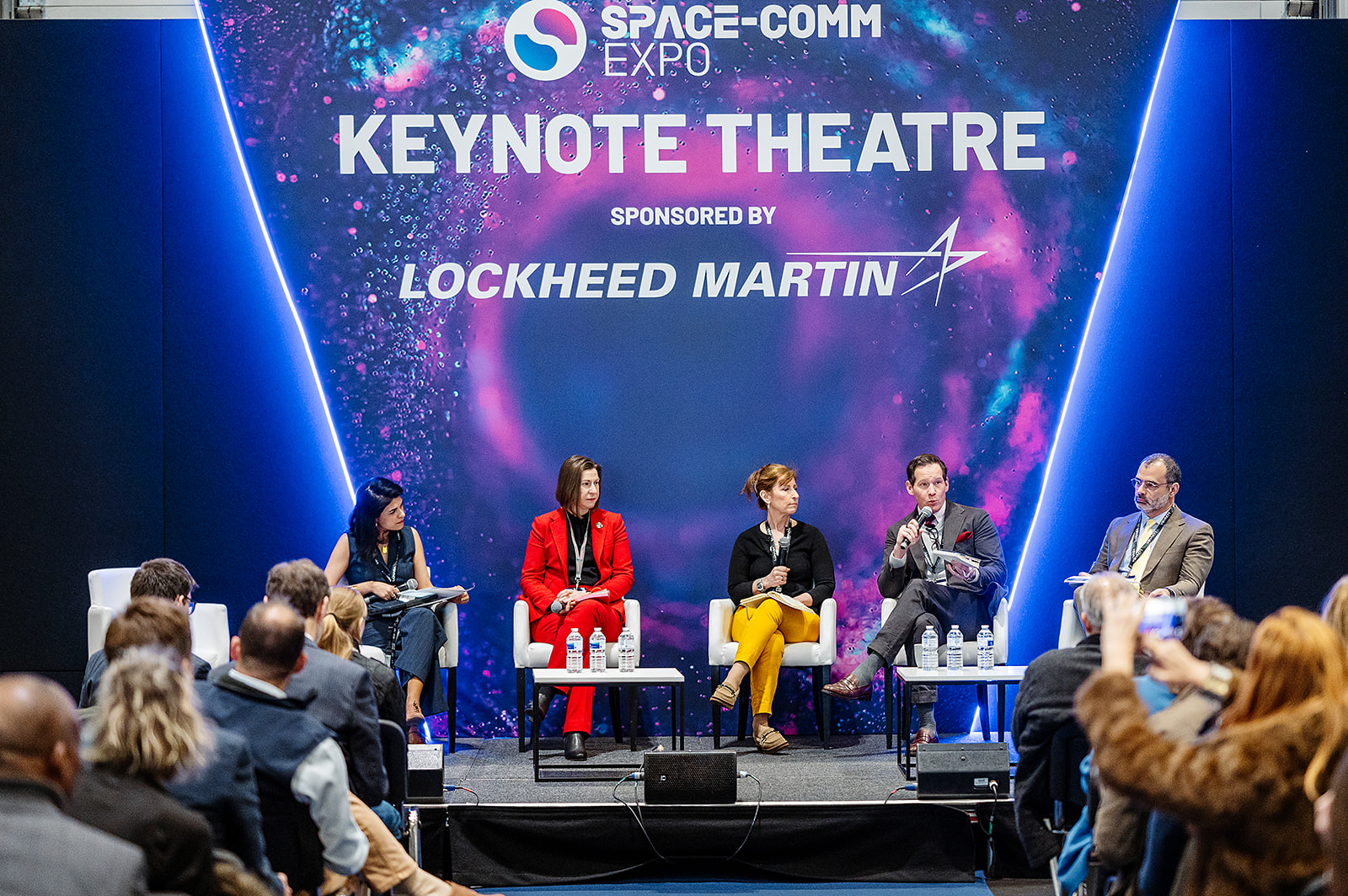Orbex and FORCE Technology win ESA advanced rocket engine testing contract

Image courtesy Orbex
Orbex and FORCE Technology have been awarded a new contract from the European Space Agency (ESA) to further develop an X-Ray Inspection System for rocket engines.
The system will enable the two firms to carry out non-destructive, high-energy X-ray inspections of Orbex’s large-scale 3D-printed rocket engines prior to flight, using advanced technology to eliminate any internal flaws. It will become a key component of the Orbex engine testing regime, reinforcing the reliability and safety credentials of the Orbex ‘Prime’ rocket.
The award is the sixth development contract that Orbex has received from the ESA. It will work closely with FORCE Technology to develop the technology – and will become one of the first launch operators to use it.
The X-Ray Inspection System has already been demonstrated enabling non-destructive inspection of strategic European launch propulsion systems. The next phase of development will see the system extended to be used with very large structures, including Orbex’s fully 3D-printed rocket engine chambers.
The technology is the engineering equivalent of a medical CT scanner, revealing the details of the interior of a test item without damaging it in the process.
Orbex is now in its fifth year of its engine testing programme, which has enabled it to generate huge amounts of data and engine testing intelligence. In addition, Orbex has been manufacturing 3D printed rocket engines since 2018. Its custom-made 3D printer is the largest high-precision metal 3D printer in use in Europe, enabling Orbex to produce the world's largest monobody rocket engines.
The Orbex Prime rocket is currently being tested on the Orbex LP1 launch platform at a facility in Kinloss, close to the Orbex headquarters in Forres, where full ‘dress rehearsals’ of launch procedures are taking place. Prime is a micro-launcher designed to transport small satellites weighing around 150kg to low Earth orbit. Orbex will commence launches from Space Hub Sutherland, the world’s first carbon-neutral spaceport in terms of construction and operation.
Chris Larmour, CEO, Orbex: “Orbex is set to be the first launch operator to be able to carry out high-energy X-ray inspection of rocket engines prior to flight, using the unique technologies and IP we are helping to develop as part of our work with the ESA. As we move towards series production we will use this new capability to give peace of mind to customers and assurance to licensing authorities that we have a fully comprehensive propulsion testing regime in place.”
Lars Vesth, COO, FORCE Technology: “FORCE Technology is constantly pushing the boundaries of what is technically possible, and operating in the space industry has enabled us to be at the forefront of technology innovation over many years. In the 1980s FORCE delivered inspection systems for the US space shuttle; we were awarded our first ESA contract in 2005; and – more recently – have provided technology for the Ariane 6 launcher. The recently signed ESA contract with Orbex will create an efficient high-energy X-ray inspection system specifically optimised for the Orbex monobody engines – and FORCE Technology looks forward to seeing our technology contribute to Orbex progressing to commercial launches.”
Orbex is a UK-based spaceflight company with headquarters, production and testing facilities in Scotland, and design and testing facilities in Denmark. Orbex staff members have professional backgrounds with NASA, ESA, Ariane and several commercial spaceflight organisations. The company is now funded by two of the UK’s largest and most active venture capital funds, BGF and Octopus Ventures, who join two of Europe's largest venture capital funds, Heartcore Capital and the High-Tech Gründerfonds, as well as strategic investor Elecnor, parent company of Deimos Space, the UK Space Agency (UKSA), the European Space Agency (ESA) and the European Commission Horizon 2020 programme.













